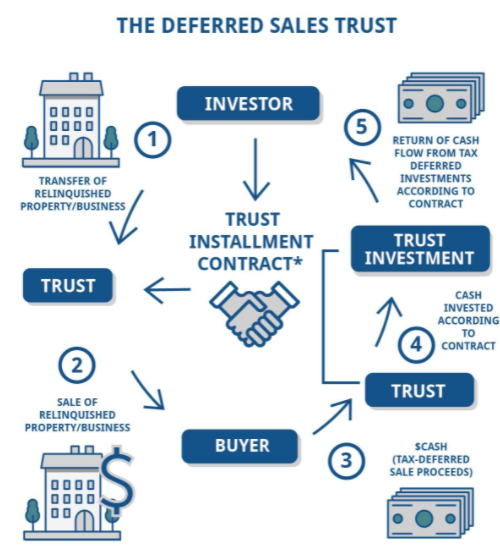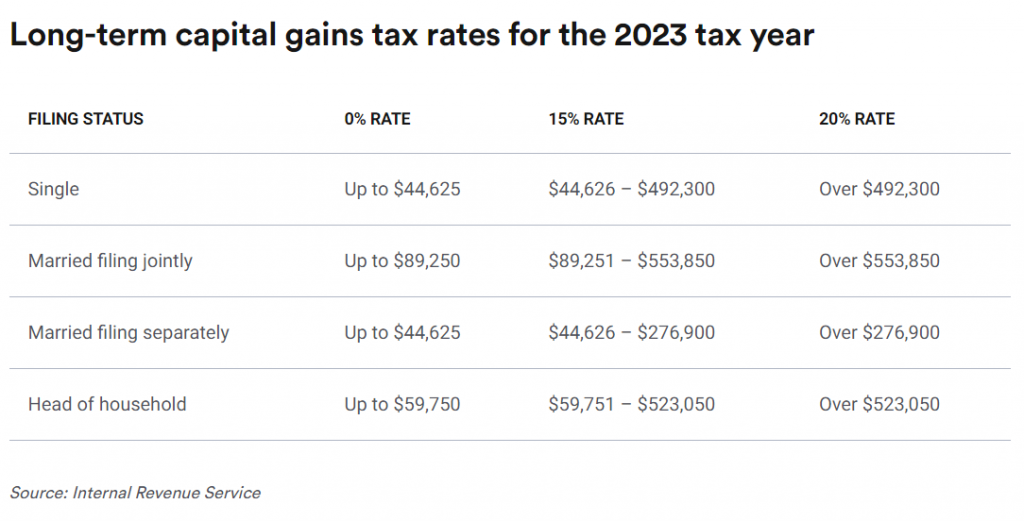I’d be willing to bet that at the end of the day, your BIGGEST expense over your career will be TAXES.
I see too many doctors/high-income professionals that accept this fact (paying up to 50% of their salary to the IRS) yet fail to address it.
Maybe they become complacent and simply accept it for what it is? I’m not sure but if you haven’t found a CPA or tax advisor that can assist with a tax deferral strategy or tax planning, put that on your to do list.
Only YOU can take action and get the ball rolling to avoid paying Uncle Sam any more money than is legally required.
Yes, you should work hard, but you should also work smarter as you get older.
One of the ways that I’ve personally been able to do this (besides connecting with great CPAs) is by investing in an asset class that receives some of the best tax advantages the IRS allows…..real estate assets.
But once you sell property, typically you’ll be taxed on that sale, which is called a capital gain.
Some of the common strategies real estate investors use to defer any capital gains tax exposure when selling investment property are:
But these aren’t the only options.
Deferred sales trusts are another tax deferral tool that allows for the postponement of capital gains taxes.
Don’t Miss Any Updates. Each week I’ll send you advice on how to reach financial independence with passive income from real estate.
Sign up for my newsletterWhat Is a Deferred Sales Trust?
When selling real property or other assets subject to capital gains tax, a deferred sales trust is a method that can be used as a deferral of capital gains.
For example, if you’re selling an apartment complex, you’d typically receive the sale proceeds at closing. By using a deferred sales trust, these proceeds are placed into the trust and only taxed as the funds from the sale are received.
This allows you to reinvest money from the sale into investment vehicles that aren’t allowed by other capital gains tax deferral strategies.
Internal Revenue Code 453 is a tax law that prevents a taxpayer from having to pay taxes on money they haven’t yet received from an installment sale.
This is where the deferred sales trust comes in. The process works by selling the asset (i.e., apartment complex) to the trust with an installment sale.
Next, the trust sells the asset to the buyer, and the funds are placed in the trust. At this point, you pay zero taxes on the capital gain. The trust doesn’t have any capital gains taxes because it sold the real estate asset for the same amount it paid for with the installment sales contract.
If you’re the seller, because you haven’t physically received funds from the sale, you don’t have to pay any capital gains taxes yet.
With this set up, instead of the buyer paying you in one lump sum at the time of sale, the buyer agrees to pay you over multiple future installments (i.e., an installment plan), which can start instantly or be deferred for several years.
The third-party DST trustee can invest the funds however you like. You can earn interest income on the money from the sale while it sits in the trust and only begin paying capital gains taxes when you start receiving principal payments.
IRS Rules Governing Deferred Sales Trusts
As you can imagine, the Internal Revenue Service (IRS) has a few strict guidelines in place with regards to the formation of these trusts.
- The trust must be completely independent of you and any business asset or personal interests.
- All sales proceeds must go to the trust and not to any investors.
- All ownership interests must be relinquished by transferring it to the trust prior to selling an asset.
How Does a Deferred Sales Trust Work?
Here’s the breakdown of how the use of a deferred sales trust works:
- A third party trust is formed that will be managed by a third-party company or trustee.
- The capital asset is sold to the trust (not individual) using an installment contract or installment sale contract.
- The trust holding the asset then sells it to a buyer.
- The trust receives the funds of the sale.
- A third-party trustee either distributes installment payments or invest the funds via the seller’s instructions.
- The seller must pay capital gain taxes on any amount received from the installment payments.
Here’s an image of the process, courtesy of jrw.com:
The Benefits of Deferring Capital Gains Taxes
The difference between the amount you sell an investment for and your “basis” in that investment is termed a capital gain.
The basis, or starting value, of an asset is typically its purchase price or fair market value when it was acquired.
Example
If you purchase a duplex for $200,000 and 5 years later it’s sold for $500,000, then you’ve made a capital gain.
In this example, your basis is $200,000 (purchase price). If you subtract this amount from the property’s selling price, then the capital gain is $300,000.
($500,000 – $200,000 = $300,000)
This particular capital gain counts as a long-term capital gain.
If you hold on to an investment before selling it for less than a year, it’s considered a short-term capital gain, and the tax rate is the same as the one you pay on wages and other “ordinary” income.
For most doctors and other professionals, this could be up to 37%.
Using a deferred sales trust doesn’t get you out of paying capital gains taxes, but it does allow you to defer them while you reinvest the money.
Potential Advantages of a Deferred Sales Trust
The primary benefit of using a deferred sales trust is that you’re able to defer capital gains taxes.
Other potential advantages can include:
#1. 1031 exchange option
One of the ways someone can defer taxes is by using a 1031 exchange. The timeline looks like this:
- Timeline #1 – You have 45 days after you sell your property to identify up to 3 new properties. This can be done in writing but you have to purchase one or more of them.
- Timeline #2 – You have 180 days to close on one or more of the three properties that were identified.
If you were trying to use this method but missed a deadline, then your Qualified Intermediary (QI) might send the funds back to you. If this is the case, you’d be responsible for paying capital gains taxes.
By using a deferred sales trust, the QI releases funds to the trust instead of you.
#2. More investment options
If using a 1031 like-kind property exchange, you’re restricted to investing in real estate property only.
For someone that doesn’t want to continue investing in real estate, the deferred sales trusts offer options when it comes to alternative investments, such as:
- stocks
- other real estate
- bonds
- cryptocurrency
- CDs
- REITs
- mutual funds
Potential Disadvantages of Deferred Sales Trusts
Here are a few potential deferred sales trust disadvantages:
#1. Complex
Due to the tedious set-up process, launching and managing deferred sales trusts can be complex in nature.
#2. Depreciation recapture
If accelerated depreciation was used that resulted in deductions higher than the straight-line method, you could incur depreciation recapture taxes when using a deferred sales trust.
Related article: Depreciation Recapture – How It Works When Selling Property
#3. Taxes are deferred (not eliminated)
Remember, when using a deferred sales trust, your capital gains taxes are deferred, and NOT eliminated.
When you begin receiving cash flow from the trust, you’ll have to pay capital gains taxes on those principal payments.
How Do You Create a Deferred Sales Trust?
If you’re interested in getting a deferred sales trust set up, contact your tax attorney, CPA or an estate planning attorney with experience regarding this process.
The third-party independent trustee must not be related to the beneficiary of the trust or the real estate transaction. They’re responsible for managing the trust and the money in it according to the taxpayer’s risk tolerance.
There are many things to consider when using a real estate tax deferral strategy, which makes it imperative to work with a professional that understands the tax code. This person can assist you in choosing the best tax strategy for your real estate investments.
Bottom Line
A deferred sales trust can be a valuable estate planning tool. When entering retirement, you’re able to elect when to begin receiving payments from any interest earned from funds held in the trust.
When you take a payment, you must remember that it will generate a taxable event.
For those that have failed to complete their 1031 exchanges, a deferred sales trust will allow them to defer capital gains from the sale of their assets.
Due to its complex nature, it’s a good idea to have an estate planning team and/or seek legal advice with those that have experience setting up and operating deferred sales trusts to ensure it’s valid and properly managed.
Join the Passive Investors Circle



